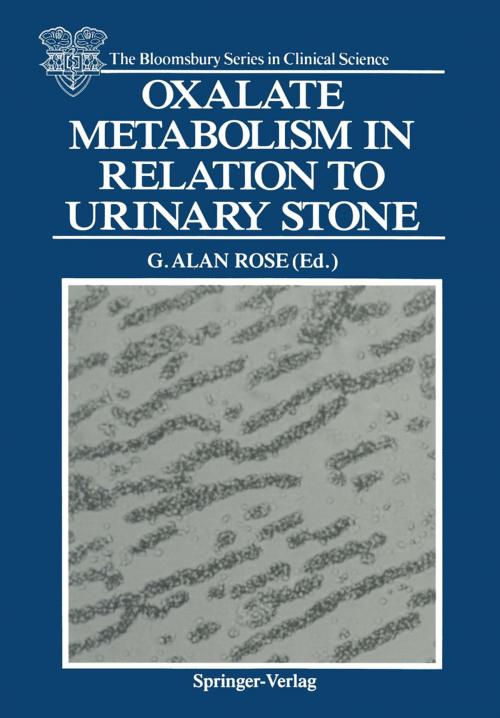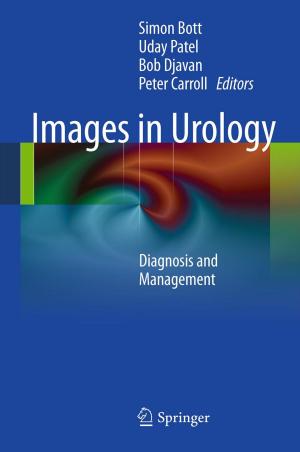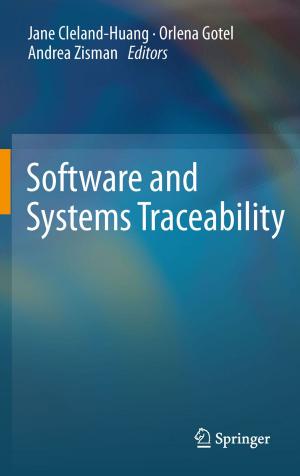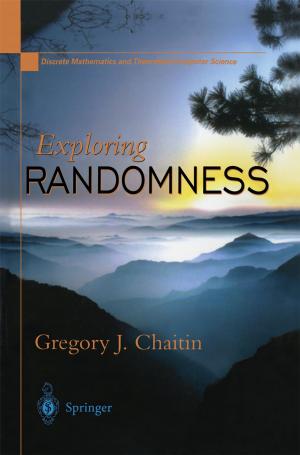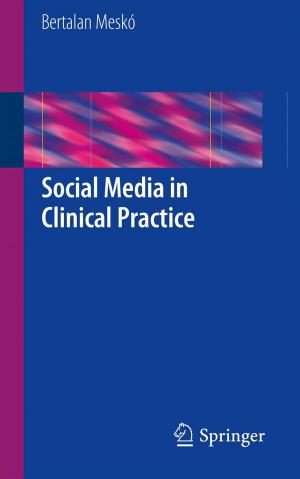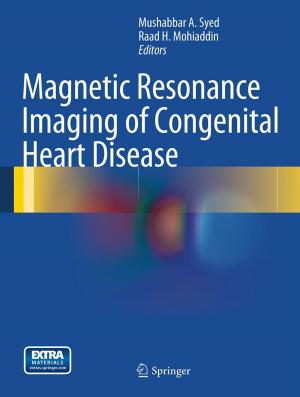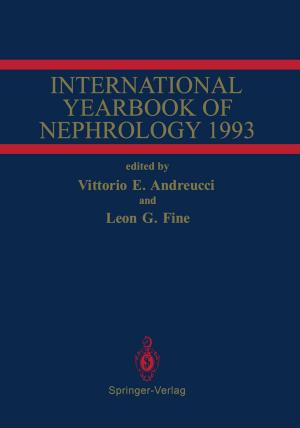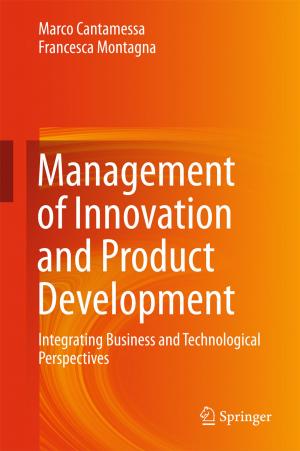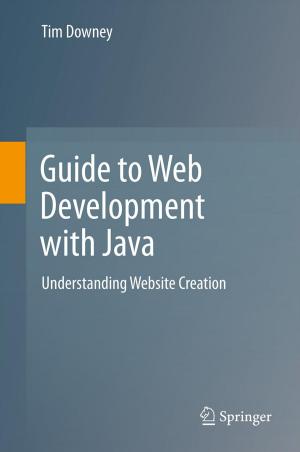Oxalate Metabolism in Relation to Urinary Stone
Nonfiction, Health & Well Being, Medical, Specialties, Urology, Internal Medicine, Nephrology| Author: | ISBN: | 9781447116264 | |
| Publisher: | Springer London | Publication: | December 6, 2012 |
| Imprint: | Springer | Language: | English |
| Author: | |
| ISBN: | 9781447116264 |
| Publisher: | Springer London |
| Publication: | December 6, 2012 |
| Imprint: | Springer |
| Language: | English |
"Oxalate Metabolism in Relation to Urinary Stone" is the third monograph to appear in the "Bloomsbury Series". Edited by Alan Rose, the book describes the current clinical and biochemical features of oxalate metabolism. Its content and direction fulfil the goals of the Series emphasising the strong links between basic science and clinical medicine. London Jack Tinker 30 March 1988 Preface The first oxalate workshop was held in London in 1979 and the proceedings published privately by the Wellcome Foundation. At that time the importance of urinary oxalate as a risk factor more important for calcium oxalate stone formation than urinary calcium had been recognized. Nevertheless measurements of urinary oxalate still left a lot to be desired and in particular the non-enzymatic conversion of ascorbate to oxalate had not been rediscovered so that many measurements must have been wrong. Plasma oxalate was still difficult or impossible to measure by any reasonable, accessible methods and consequently there was still much argument and speculation about the handling of oxalate by the kidneys. A lot of work has been performed in the last eight years on oxalate metabolism and it therefore seemed to the organisers to be a good time to hold a second oxalate workshop.
"Oxalate Metabolism in Relation to Urinary Stone" is the third monograph to appear in the "Bloomsbury Series". Edited by Alan Rose, the book describes the current clinical and biochemical features of oxalate metabolism. Its content and direction fulfil the goals of the Series emphasising the strong links between basic science and clinical medicine. London Jack Tinker 30 March 1988 Preface The first oxalate workshop was held in London in 1979 and the proceedings published privately by the Wellcome Foundation. At that time the importance of urinary oxalate as a risk factor more important for calcium oxalate stone formation than urinary calcium had been recognized. Nevertheless measurements of urinary oxalate still left a lot to be desired and in particular the non-enzymatic conversion of ascorbate to oxalate had not been rediscovered so that many measurements must have been wrong. Plasma oxalate was still difficult or impossible to measure by any reasonable, accessible methods and consequently there was still much argument and speculation about the handling of oxalate by the kidneys. A lot of work has been performed in the last eight years on oxalate metabolism and it therefore seemed to the organisers to be a good time to hold a second oxalate workshop.
